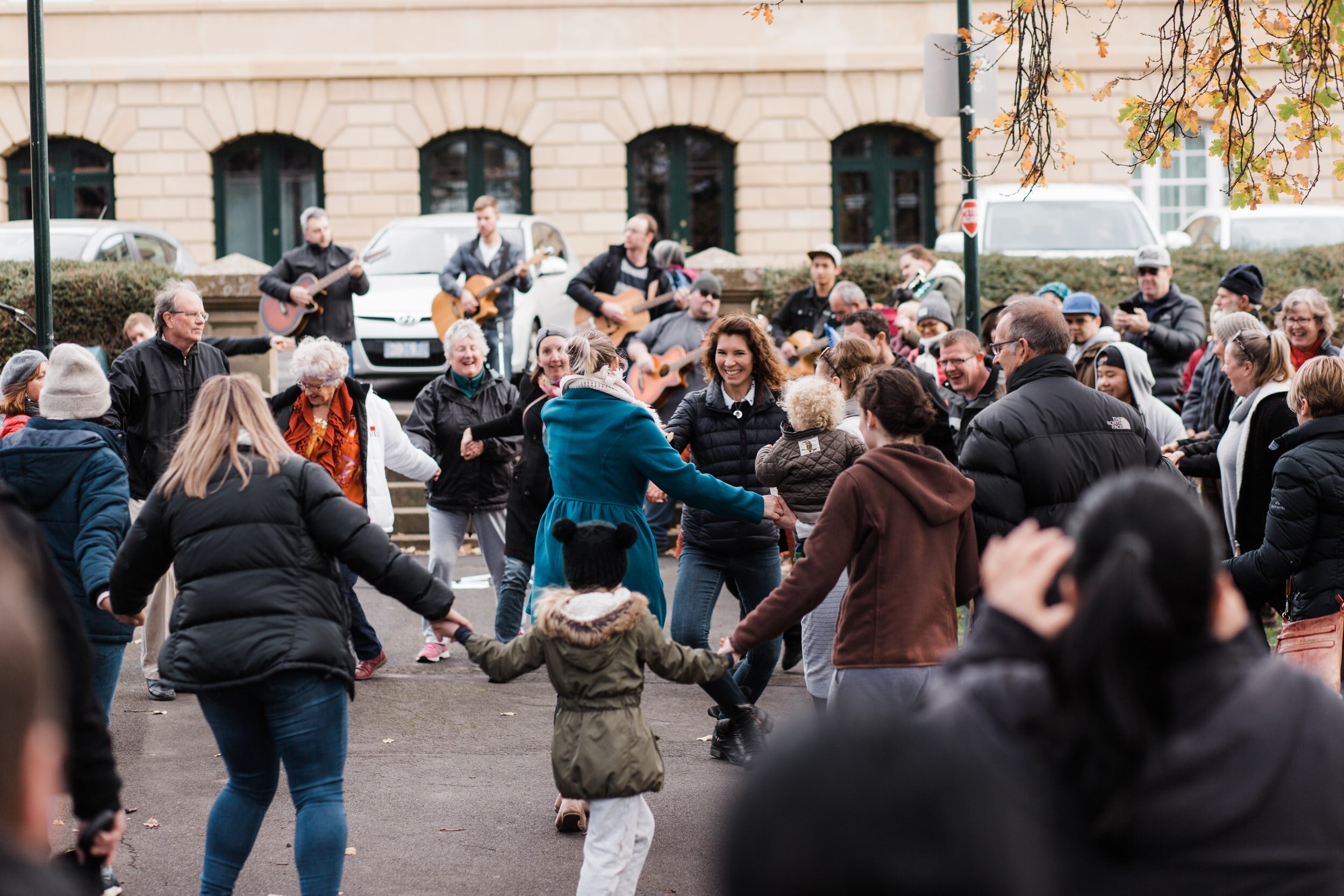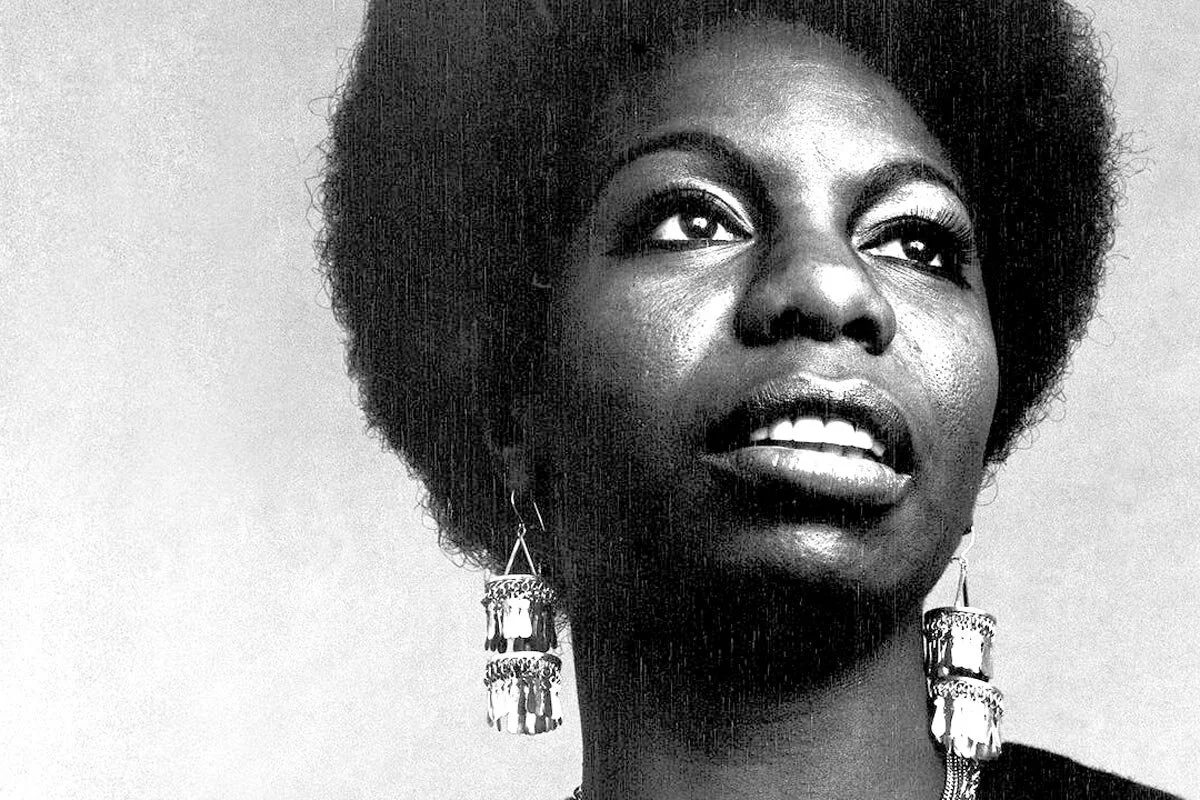Why Do We Love Music So Much?
For the longest time, I thought that my music-filled childhood--cello and piano lessons atop of music theory classes and so forth since I was four--were the reason behind why now, many years later, music still holds such a profound power over me. When I’m upset, I turn to my curated playlists on Spotify with slow melodies and lyrics that seemingly encompass the hurt rippling through my body. When I sit at my desk trying to write in the midst of another round of writer's block, I turn to the beautifully written scores for some of my favorite movies in hopes that their creative energies will flow through the sounds coming from my speakers and into me.
Prior to the COVID pandemic, when I used to sit in front of my mirror putting on a full face of make-up prior to going out with my friends on the weekends, I would play the songs that generated an adrenaline rush that would prep me for the night of dancing. It wasn’t till I moved in with my new roommate almost six months ago that I realized, through listening to her old record player as we laid on the floor and stared at the ceiling in silence one night, that I wasn’t the only one in this apartment that was under the control of the rhythmic melodies flowing from the speakers on the shelf.
While music affects every individual on this planet differently, I believe that we all share the same experiences that music can cause—no matter what genre. A close friend of mine started a playlist at the start of our college career and would only add songs to it when a song resonated that much with her. Until we graduate, she has not looked at or listened to it once, saying instead that when she does finally graduate she wants to listen back to all the songs that at some point in her life meant something to her.
While I have no such playlist, even though I really wish I did, I have a collection of songs that unlock a hidden compartment of emotions and memories that had since been stored away. For instance, “Never Be Like You (feat. Kai)” by Flume unlocks the memories of me riding the bus in the mornings on the way to my summer music camp, and “505” by the Arctic Monkeys reminds me of the time my roommate and I drove with the windows down. There are even other songs, such as “Heat Waves” by the Glass Animals, that bring about an indescribable feeling that have me sitting in awe. I’m sure I’m not the only one with a collection of tunes that just hits a little differently.
When I found a particularly small teal-toned book on one of my mother’s coffee tables when I was home on winter holiday titled How Music Can Make You Better, the curiosity got the better of me. Written by opera singer and PhD professor at the San Francisco Conservatory of Music, Indre Viskontas, How Music Can Make You Better is a short but in-depth book about music and its effects on our species. It is broken down into three major sections that encompass how music affects us as humans--how our brains interpret sound into music, how music heals us, and how music heals or breaks societies. Written in the grey text on odd blue-colored pages, Viskontas manages to explain why music affects us the way it does. We can listen to music as a distraction—a filler for empty sound—or we can listen to music. Either way, Viskontas believes that “listening to music lets us work through our emotions in a safe environment and walk away if the feelings get too intense” (Viskontas 20). We find meaning behind the notes, the shifts in rhythm and tempo, and in the lyrics if they are provided. Listening to sad music when we’re not feeling all too great about ourselves allows us to “evaluate ourselves and the world more accurately” simply because when we’re sad “we tend to see life more clearly” (Viskontas 65). Yet we can also use music to motivate ourselves through a hard workout since “music can make your energy consumption more efficient… [and] some studies show that people are more motivated when listening to music” (Viskontas 63), which may also explain the need for music when cleaning your room or studying for your next exam.
The experiences we generate from listening to music aren’t always finite, but rather music can affect us from birth till old age. Music has the unique ability to help medically with pain management following invasive procedures, as well as reduce anxiety prior to and during procedures (Viskontas 55). It can sing infants to sleep while simultaneously reducing anxiety and improving sleep in their mothers (Viskontas 61). Music therapy can help stroke or traumatic brain injury patients regain their abilities to communicate and speak (Viskontas 52), and help Alzheimer patients regain a sense of themselves when listening to music from their twenties (Viskontas 58).
So whether you are my roommate listening to her alternative playlist while cleaning dishes, or me listening to cinematic classical compositions while writing this article, or even someone who has to have no noise in order to focus—for even silence can be music—music brings something into each of our lives that is entirely our own.
We have personalized experiences and reactions to every song we hear, we love one song that another may dislike, either way music is entirely our own. Through music,we heal, bond, share experiences, and have a safe space to feel and explore our emotions all while still maintaining a sense of individuality.
If you’d care for a more in-depth view on the science behind music and our brains, please check out Indre Viskontas book How Music Can Make You Better.
Isabelle Mohr is a junior college student studying Nursing, but has always valued writing and story telling as a true passion. Outside of school and writing, Isabelle enjoys painting landscapes (specifically Grecian temples), long walks listening to newly-created themed Spotify playlists, and annoying her cat when he wants to be sleeping.











